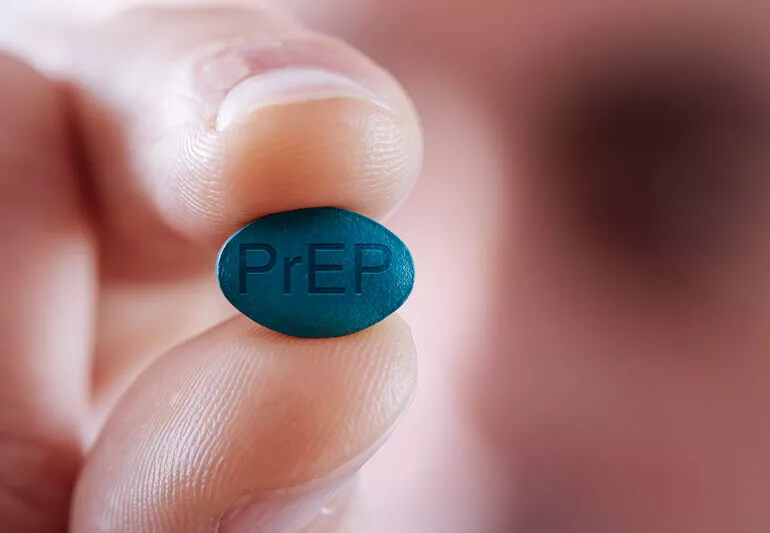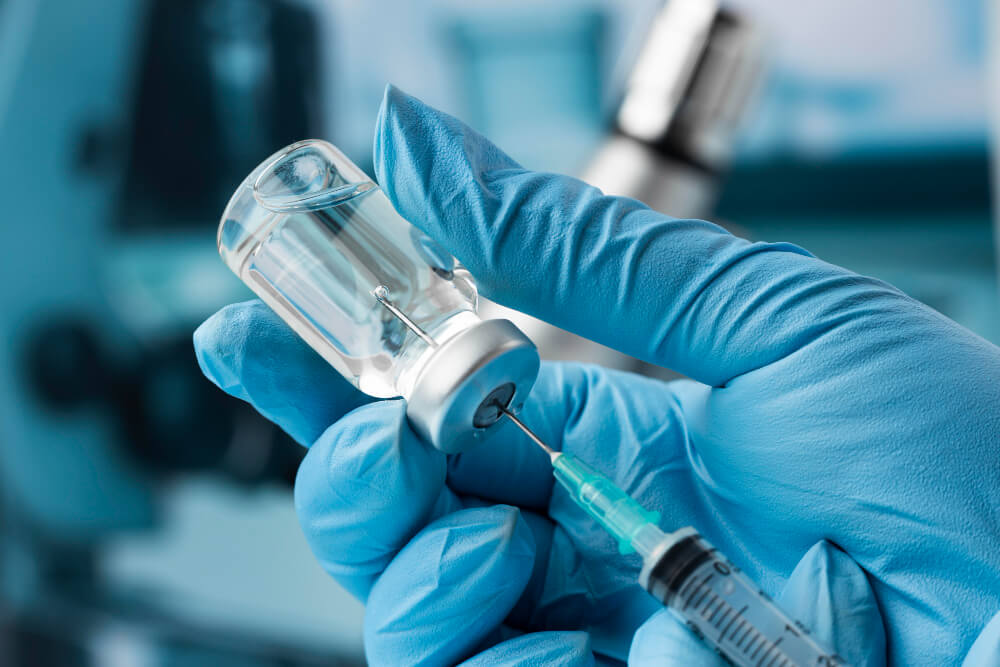PrEP for Hepatitis C? Exploring Protection Beyond HIV
PrEP, or pre-exposure prophylaxis, has become a powerful tool in the fight against HIV. By taking medication daily, individuals at high risk of HIV infection can significantly reduce their chances of contracting the virus. But what about Hepatitis C? Could PrEP offer a similar layer of protection against this different but equally concerning liver disease? “PrEP & Hep C: Protecting Yourself on Multiple Fronts” dives into this evolving conversation, exploring the established role of PrEP in HIV prevention, the differences between HIV and Hepatitis C transmission, and the ongoing research on PrEP’s potential impact on Hepatitis C.

Understanding PrEP: Its Role in HIV Prevention
PrEP works by interfering with the replication of HIV in the body. When taken consistently, it can reduce the risk of HIV infection through sex by over 90% and through injection drug use by over 70%. This has been a game-changer in HIV prevention, empowering individuals to take control of their sexual health.
Hepatitis C: A Different Threat
Hepatitis C, like HIV, is a bloodborne virus that attacks the liver. However, Hepatitis C is transmitted primarily through contact with infected blood. Sharing needles or syringes during drug use and certain medical procedures in the past (before widespread screening) are common routes of transmission. Unlike HIV, Hepatitis C is not typically transmitted through sexual contact unless the contact involves significant blood exposure.
Can PrEP Help Fight Hepatitis C Too? Exploring the Research
The potential role of PrEP in Hepatitis C prevention is a topic of ongoing research. While PrEP doesn’t directly target the Hepatitis C virus itself, some studies suggest it may offer a surprising benefit:
- Reduced Risk Behavior: PrEP users may be more likely to engage in safer sex practices overall, which can indirectly reduce the risk of Hepatitis C transmission if it’s associated with high-risk sexual behaviors.
- Barrier Against Co-infection: Individuals at risk for both HIV and Hepatitis C could potentially benefit from a dual layer of protection. Preventing HIV infection with PrEP could indirectly reduce the risk of acquiring Hepatitis C through shared needles or other routes associated with high-risk sexual behavior.
It’s important to note: These are early findings, and more research is needed to determine the definitive role of PrEP in Hepatitis C prevention.
Beyond PrEP: Additional Strategies to Protect Yourself from Hep C

While the potential of PrEP for Hepatitis C is promising, it’s crucial to emphasize other established preventive measures:
- Vaccination: A safe and effective vaccine exists for Hepatitis A and Hepatitis B, which can significantly reduce the risk of these different strains of Hepatitis.
- Safer Injection Practices: If you use injection drugs, always use sterile needles and syringes and never share them with others. Consider seeking help for addiction if needed.
- Safe Sex Practices: Always use condoms and dental dams during sex to reduce the risk of blood-borne infections.
- Screening and Treatment: Getting tested for Hepatitis C is crucial for early diagnosis and treatment. Effective medications can cure Hepatitis C for most individuals.
It’s important to consult with a healthcare professional to discuss your individual risk factors for both HIV and Hepatitis C and determine the best preventive strategies for you.
Key Takeaways: Knowledge Empowers
While research on PrEP for Hepatitis C prevention is ongoing, the established methods of prevention remain essential. Here are some key takeaways:
- PrEP is a powerful tool for HIV prevention but doesn’t directly protect against Hepatitis C.
- Vaccination, safe injection practices, safe sex practices, and screening are crucial for Hepatitis C prevention.
- Consulting a healthcare professional empowers you to make informed decisions about your health and risk factors.
By staying informed and taking proactive steps, you can significantly reduce your risk of both HIV and Hepatitis C. Remember, knowledge is power when it comes to protecting your health.
